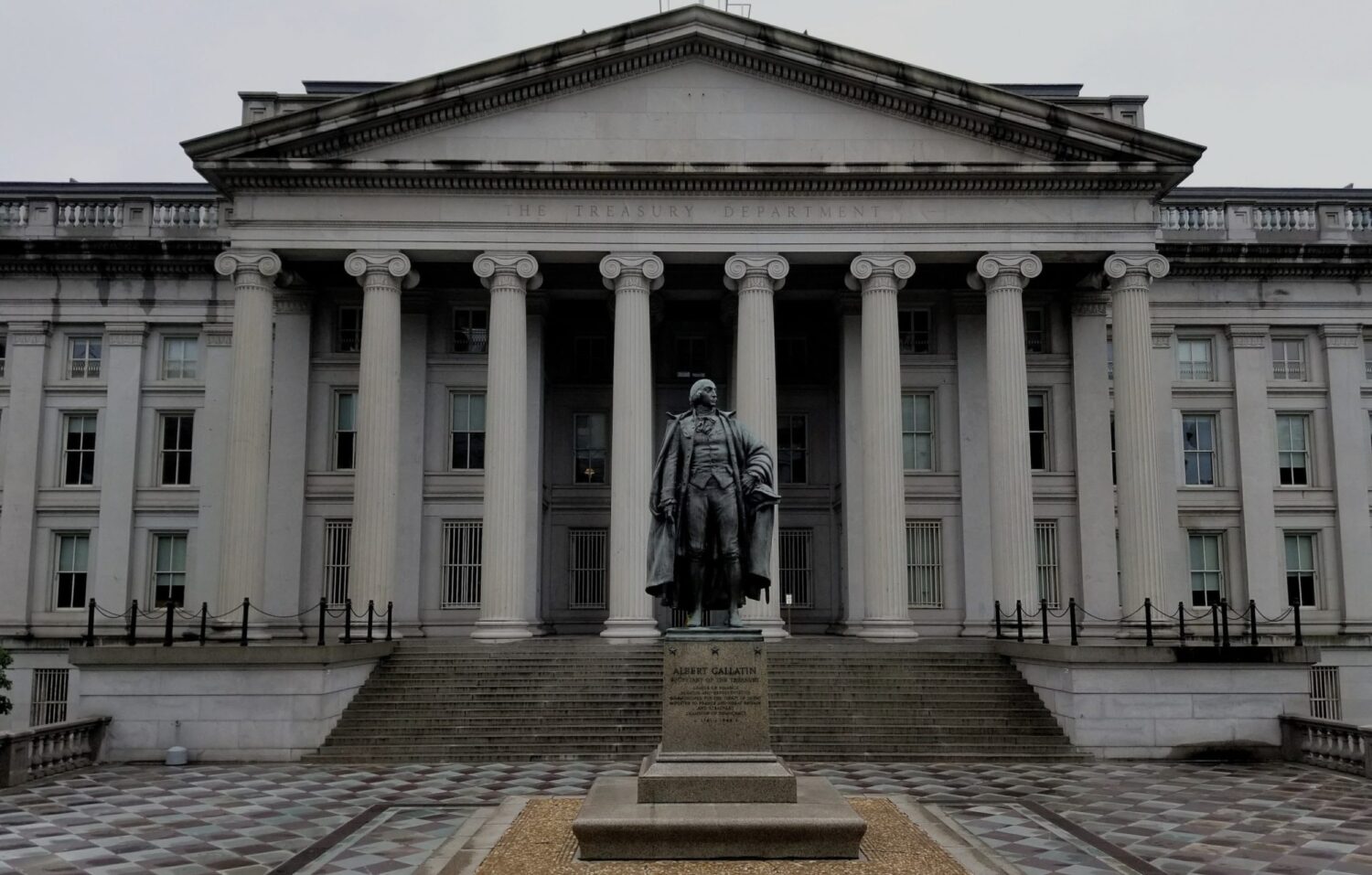Our Links Virtual series continued last week, with FinCEN Director Ken Blanco joining Chainalysis Global Head of Policy Jesse Spiro for a discussion on cryptocurrency regulation. As the primary financial intelligence unit (FIU) of the United States, FinCEN has the responsibility of preventing criminals from taking advantage of cryptocurrency to launder money and making sure cryptocurrency businesses serving U.S. customers follow the country’s financial regulations.
While some may view the regulations FinCEN enforces as burdensome, Director Blanco continually returned to one important theme during our conversation: These rules exist to prevent crimes that cause real harm to real people. “Schools aren’t being built by kleptocrats laundering money in our country. Domestically, we worry about opioids, elder fraud…it’s despicable,” he explained. Director Blanco also recognizes that the stakes may be even higher with cryptocurrency specifically. “My biggest fear is that we could allow a technology that can be so beneficial to all of us to be hijacked.”
So, how is FinCEN acting to prevent that worst-case scenario and keep cryptocurrency safe? Below is a rundown of some of the organization’s cryptocurrency-related priorities the director filled us in on.
The immediate issue: Covid-19 introduces new vulnerabilities
If there’s one thing cybercriminals know how to do, it’s adapt to changing circumstances. Covid-19 is no exception. As we’ve previously reported, cryptocurrency scammers have made efforts to take advantage of the ongoing public health crisis, using fake donation campaigns, promises of masks, and similar lies to trick victims into sending them money or downloading malware.
“All these criminals and bad actors know that everyone is teleworking. They know how vulnerable that makes us,” said Director Blanco. He reports that scams and financial crimes of all kinds are on the rise as a result: business email compromise, price gouging, and even attempts to circumvent KYC procedures using AI-created fake voices and faces. Perhaps the most concerning report though is the surge in ransomware attacks. According to the director, FinCEN has already received more ransomware-related SARs in the first five months of 2020 than in all of last year.
Still, Director Blanco remains positive and indicated that FinCEN has been able to handle the increase in criminal activity, despite facing the work-from-home limitations everyone else is going through. “[This crisis] has forced us to be creative, forced us to think, forced us to leverage technology, and it’s been fantastic.”
Jurisdictional arbitrage
Another key priority for FinCEN is jurisdictional arbitrage, which refers to the practice of businesses to try and avoid U.S. regulations (or regulations in another FATF jurisdiction) on the basis that they’re headquartered in a country with looser rules. That excuse doesn’t fly for FinCEN.
“If you’re doing business here in the United States, in whole or substantially, you have to abide by our regulations and our laws. Period,” Director Blanco stated emphatically. He went on to explain that FinCEN is beefing up its capabilities to conduct investigations overseas on foreign companies serving the U.S. market. He also pointed out the fact that with more and more countries adopting FATF-style regulations and cooperating more productively with FinCEN, the walls are closing in for those who want to pursue jurisdictional arbitrage as a strategy — there simply isn’t much of a “wild west” left in the world.
Jurisdictional arbitrage has been a touchy subject for U.S. cryptocurrency businesses at times, with some claiming FinCEN’s strict rules put them at a competitive disadvantage to those operating in laxer regulatory environments. But Director Blanco disagrees with that assertion, and makes the case that stricter rules put U.S. cryptocurrency businesses at an advantage for long-term, sustainable growth, because they can move into any other jurisdiction knowing they’ll be compliant if they’re already meeting U.S. standards. In other words, compliance can be a form of future-proofing for U.S. cryptocurrency businesses.
Private sector cooperation and SAR filing
Finally, Director Blanco emphasized throughout the session how crucial private sector cooperation is for FinCEN to do its job effectively. Suspicious activity reports (SARs) filed by cryptocurrency exchanges and mainstream financial institutions are possibly the best example of such productive collaboration. The director made note of how valuable SARs are to FinCEN, and also cleared up a common misconception regarding SARs that don’t result in prosecution after filing.
“It’s not always about prosecutions…What it’s about is getting good insight and good intelligence…We use the information people put in SARs to do trend analysis, find patterns, and find red flags we can give to financial institutions so they can protect their customers and their industry.”
Even when they don’t directly result in an enforcement action, SARs are invaluable in helping FinCEN spot the warning signs to prevent future financial crimes from taking place and inform their overall strategy. But as Director Blanco went on to point out, businesses filing SARs need to be sure to include all of the information FinCEN has previously outlined for the reports to be as effective as possible. In a cryptocurrency context, that means cryptocurrency addresses, IP addresses, and mobile device information associated with users whose activity is suspicious, in addition to the standard details on transaction amounts and dates.
Learn more about FinCEN and cryptocurrency
As an investigative partner to FinCEN and a company whose goals include building connections between the cryptocurrency industry and the public sector, we’re thrilled to host officials like Ken Blanco for these kinds of candid conversations. You can watch the entire session for yourself here.
